How to relax tense muscles? After a long, tough day, muscles can feel stiff and in need of relaxation. Your muscles may also feel unusually tight and tense right after a strenuous workout at the gym. Medically we term it s DOMS (Delayed Onset Muscle Soreness), which could take place within 24-48 hours of vigorous workout.
However, it can be prevented by practicing proper warm-up (pre-workout) and stretching (post-workout) exercises. Applying ice packs post-workout can also do wonders.
It is important to practice correct muscle care when you notice your muscles getting sore and stiff. Relaxing your whole body using meditation and yoga can help. So can doing some mild stretches and having a friend or massage expert rub your sore, stiff muscles, and thus help relax a tense muscles. If these methods are ineffective, speak to your doctor to see if there’s a treatment program that will work for you.
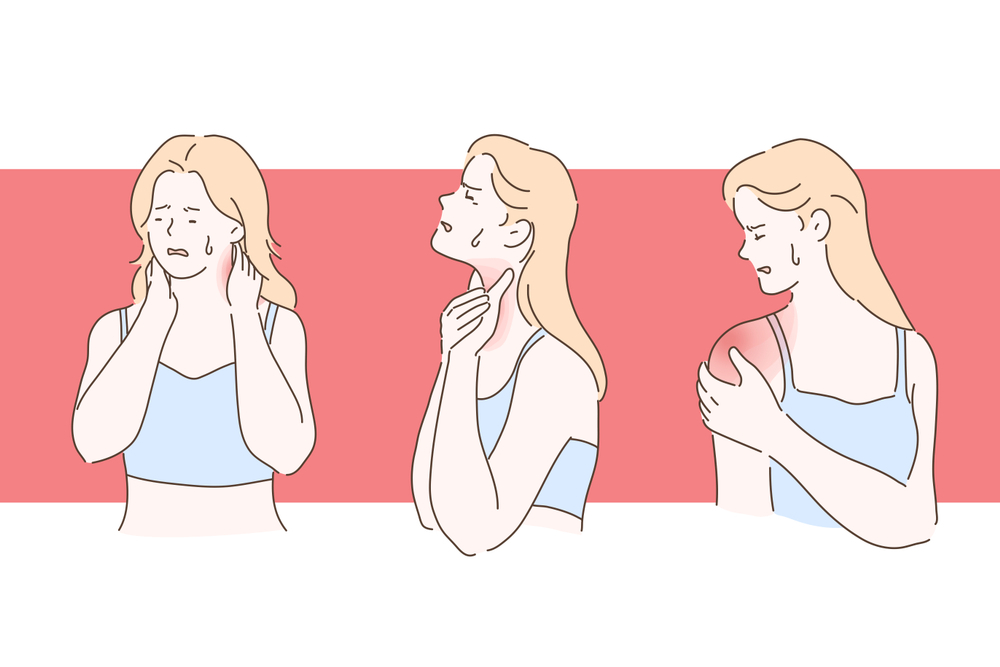
Method 1: Using Heat to Relax Stiff Muscles
Apply hot packs or an electric heating blanket to the sore or stiff muscle.

The heat from the hot pack/blanket serves to dull pain and will also decrease any inflammation in the muscle, thus relax tense muscles.
HOW DOES IT WORK?
The heat from the pack tends to improve the blood circulation of the underlying tissues and muscles, thus brings fresh blood to the part. This fresh blood flow flushes the metabolic wastes out of the part and soothes the tensed muscles.
Soak in a warm bath with Epsom salt for 15 minutes to relax completely.

Add around 1 cup (240 ml) of Epsom salt to warm bathwater, and let it dissolve fully before you get in the water. Sit in the tub until you feel your muscles begin to relax. Rinse yourself off with pure water when you’re done in the bath. If you don’t have a tub, a big bucket could also do. Just make sure your affected muscle gets immersed in it. However, taking a lukewarm water shower can also help relax tense muscles.
HOW DOES IT WORK?
Epsom salt dissolved into the warm water gets absorbed into the skin to decrease inflammation, helps muscle and nerve to function efficiently, and replenish magnesium into the body. The magnesium helps to release serotonin in your brain. Serotonin is a chemical that encourages feelings of relaxation and calmness.
CAUTION!
Epsom salts may induce irritation for some individuals around their genital area. If you experience any such irritation, wash the area thoroughly with mild soap and lukewarm water, and discontinue the use of the salts.
Taking a hot shower can also help relax tense muscles.
Relax in a steam room or sauna for 10-15 minutes.

This is an excellent way to warm up your muscles and improve blood circulation. It also helps to circulate oxygen and nutrients throughout your muscles. Spend 10 to 15 minutes warming up your body, and then stretch out your muscles a bit later while they are loose. This is especially helpful immediately after physical activity or a workout
You can get a steam room or sauna at most large gyms. Many hotels also emphasize saunas next to the pool.
Method 2 : Practicing Tension and Relaxation Exercises
Squeeze and release your aching muscles to release the tension.
Applying pressure to the muscles will improve blood circulation and help relax muscles.
Steps :
Think of this as presenting yourself with a targeted personal massage. For instance, use your left hand to squeeze the deltoid (shoulder) muscle on your right arm. Take a slow, gentle, deep breath, and hold the pressure for 5 seconds. Then, release your hand and gently exhale. Keep your arm relaxed so you don’t create stress on surrounding muscles.
Continue doing this for about 5 minutes before moving on to another muscle.
Stretch out your tensed muscles to relax them.

Before and after you practice any physical activity, stretch your muscles to prevent soreness or stiffness. Stretch each group of muscle for 15–30 seconds to effectively decrease the tension. Be sure to stretch the muscle until you feel a good pull with no severe pain.
Here are some good stretches to practice:
Gently roll your ankle and foot in circles if your calf is sore.
Pull your foot towards you, and then point your foot down again while squeezing to work your calf muscle.
Lift your shoulders up to touch your ears, and then roll them back down. This will help your upper back and shoulders.
Bend your head to each shoulder, and hold it there for 15 to 20 seconds. Be sure to stop when the pull becomes too strong. This will release strain in your neck muscles.
Practice relaxation techniques :
Relaxation techniques like Jacobson’s muscle relaxation and Laura Mitchell’s relaxation techniques could prove magic.
Wonder what are they? Let me walk you through this article of ours: new and guaranteed muscle relaxation techniques.
Practice light cardio workouts to keep your muscles moving and flexible.

Performing light cardio is a great way to loosen and relax your muscles by enhancing blood circulation. Just walk on a treadmill or have a slow jog outdoors at a quick pace for 15 – 20 minutes. Remember to maintain the pace faster than a walk, but don’t outright run. The idea of light cardio is to relax tense muscles, as more vigorous cardio may cause muscle strain.
You could also perform rope jumping or swimming for 10–15 minutes.
Method 3: Relaxing Your Body to Decrease Muscle Tension
Take at least 7 hours of uninterrupted sleep each night.
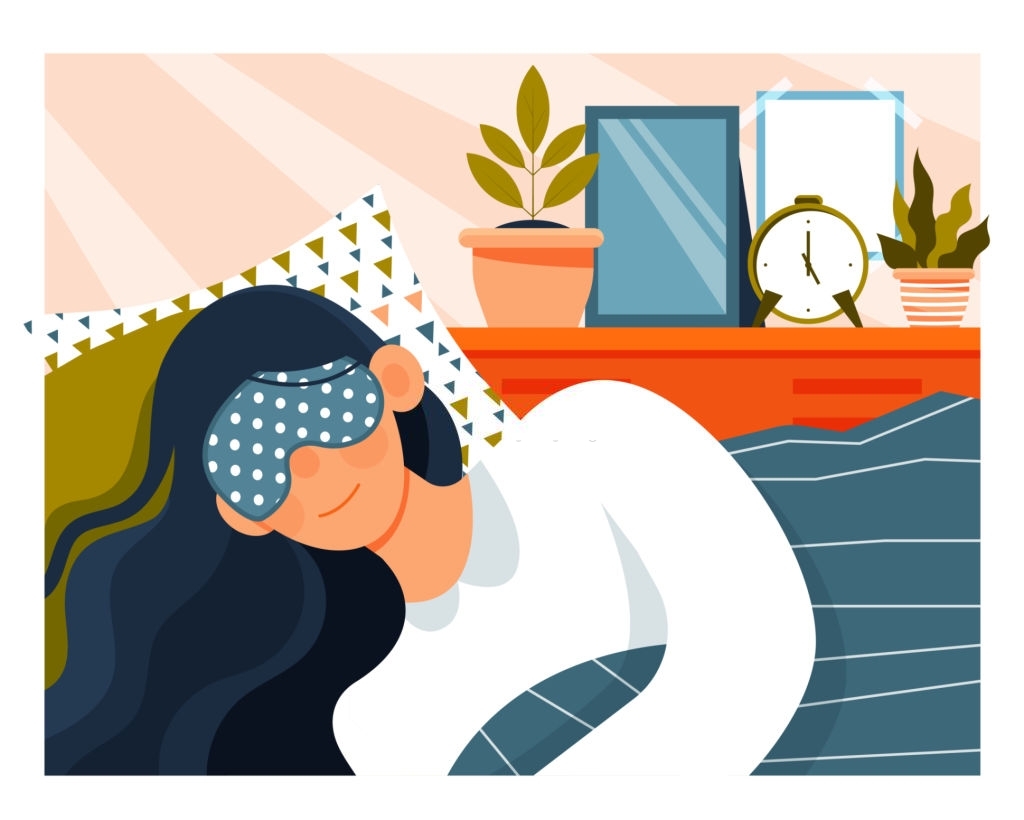
It is essential for everyone to get the recommended amount of sleep for their age, regardless of a busy schedule. Proper sleep permits your muscles to heal and relax after a long day.
If you exercise during the day and get inadequate sleep at night, your muscles won’t be able to rest and relax and you’ll possibly experience muscle tension during the day.
Teenagers should sleep for about 8 hours per night, and adults should attempt to get at least 7 hours of sleep.
Practice relaxed breathing to relax the muscles of your shoulders and chest.
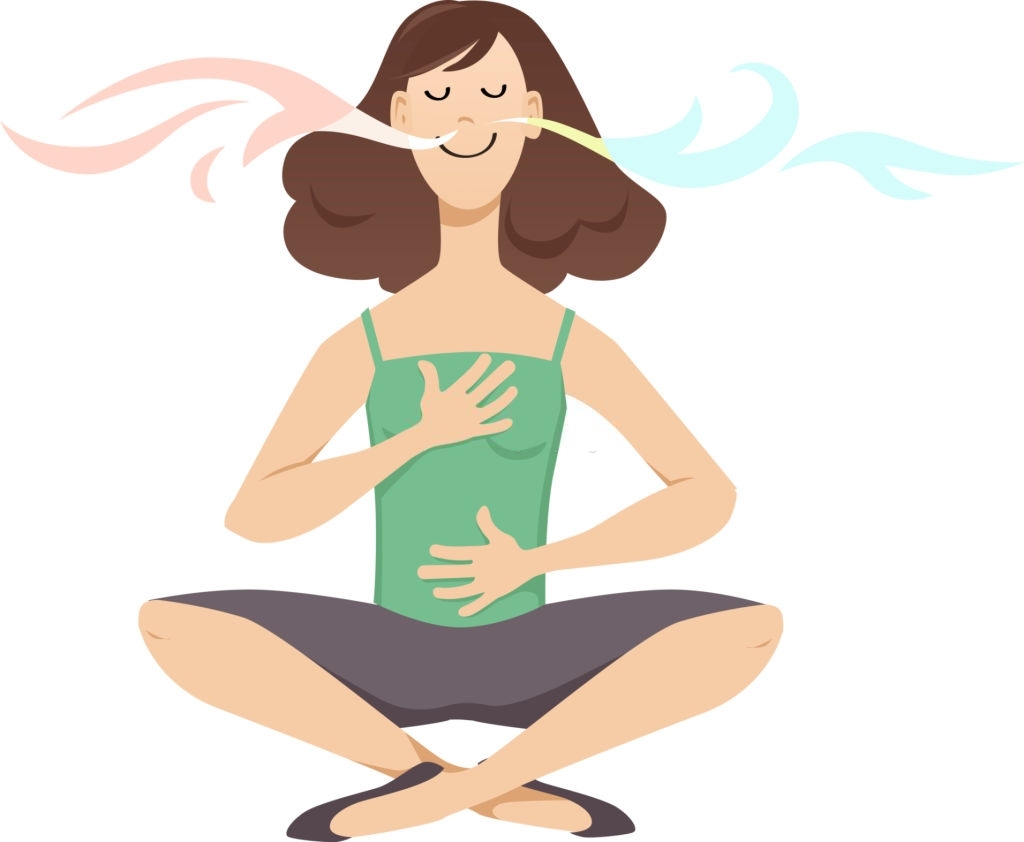
Practicing slow, gentle, and deep breaths can help you alleviate muscle tension by circulating oxygen throughout the body.
STEPS:
Gently inhale for 4 seconds, then exhale for another 4 seconds. While you inhale, try to take as larger breaths as possible. Repeat this for about 15-20 breaths, or until your body feels relaxed.
Practice relaxed breathing in a seated or reclining (Semi-fowler’s) position.
Meditate to relax your muscles and decrease stress in your body.
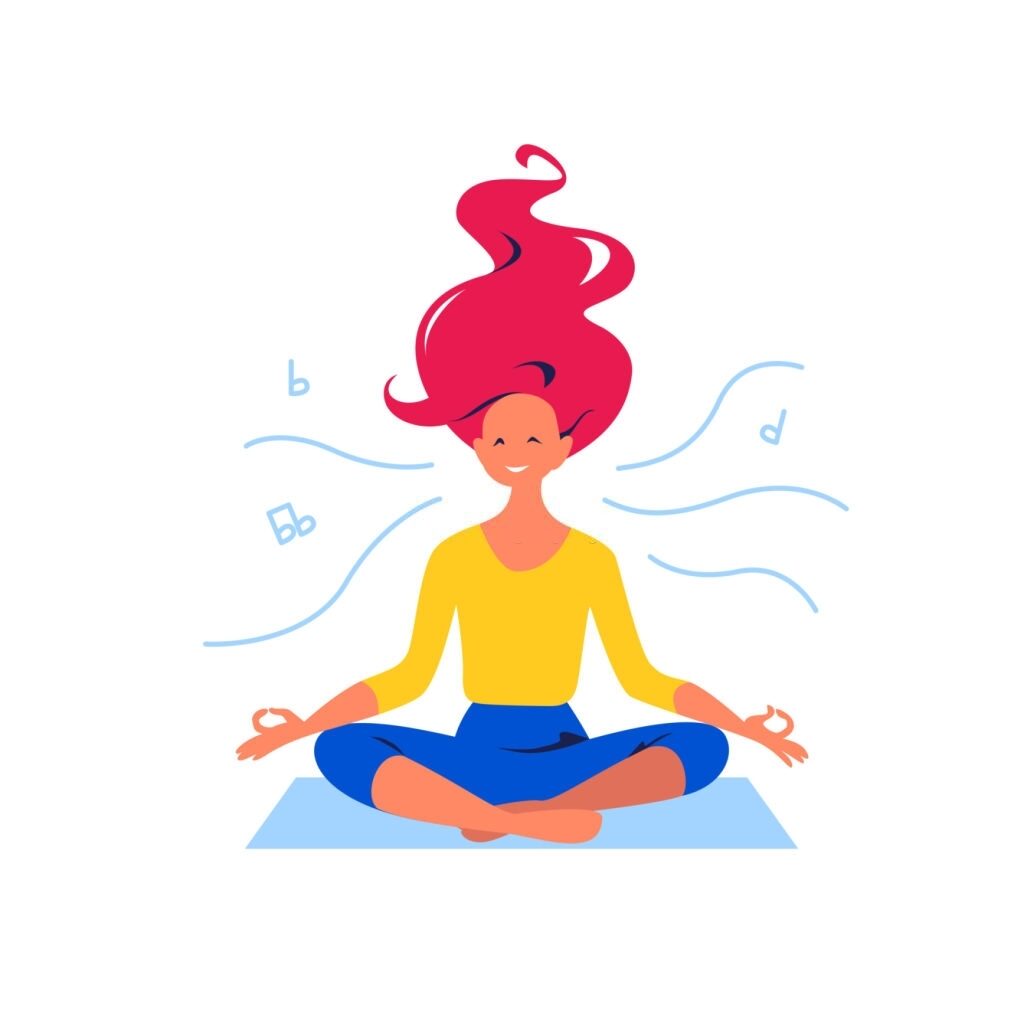
Meditation serves to mentally reduce muscle stress and tension.
STEPS:
Find a calm and quiet place where you will not be disturbed. You can either cross your legs and sit up straight, or you can lie flat on your back as you focus on your breathing by practicing slow, deep breaths. Let go of any stress that may be on your mind, and imagine your muscle tension leaving your body.
While you can practice meditation at any time of the day, performing it in the evening hours can be very beneficial as the meditation will prepare your body for rest.
If you can’t find time for a full meditation session, try hearing relaxing music or sounds like ocean or rain sounds. These can help you rest and relax and clear your head even when you’re busy at your desk.
Other than these, you can also add Yoga and Taichi into your daily schedule to gain super-relaxation benefits of them.
Method 4: Seek Professional Muscle Therap to relax tense muscles
Look for a professional massage therapist.
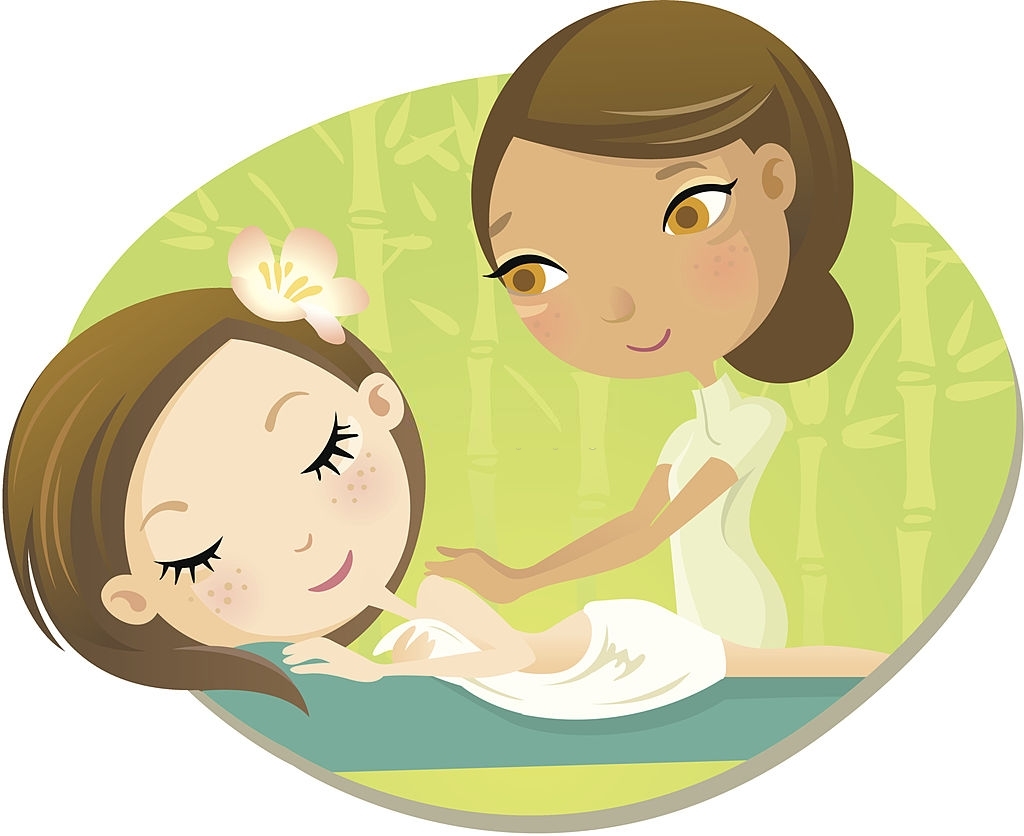
Massage parlors regularly offer deep tissue massages that provide great pressure on muscle fibers that you cannot relieve on your own. Explain to the massage professional which muscle or muscle group is tight, and let them massage the part for at least 30 minutes.
Find online for a certified massage spa near you. Search for something like, “certified massage therapist near me.”
Visit a chiropractor to adjust your tense muscles.
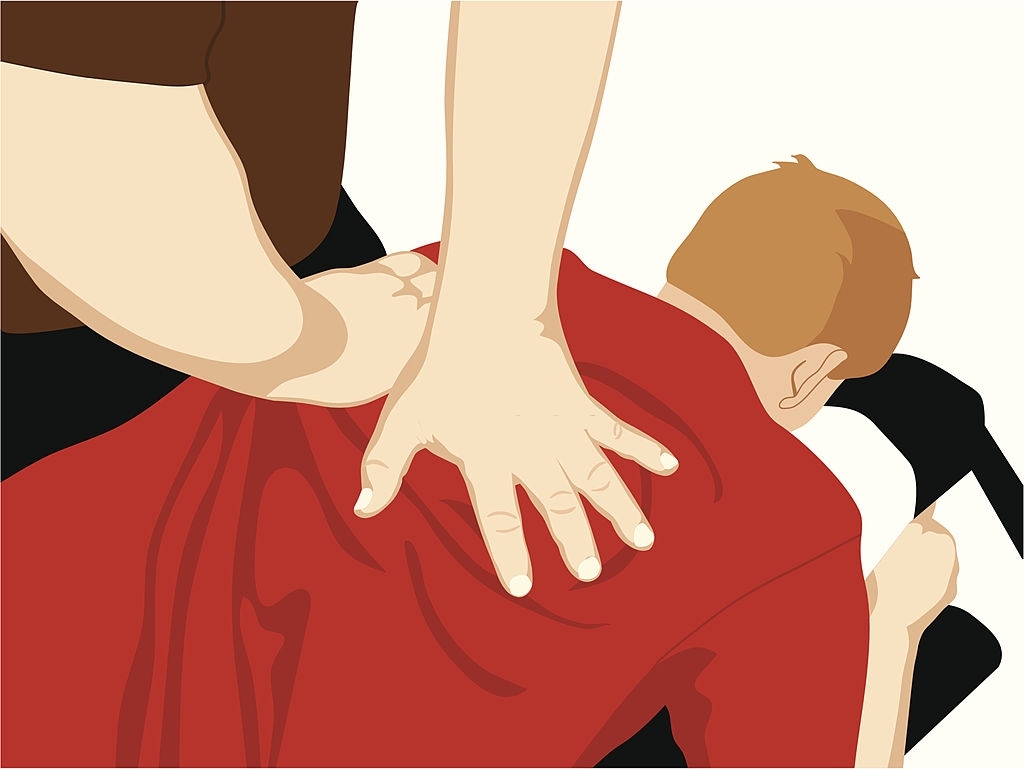
Chiropractors perform manipulations to the bones that in turn decrease muscle inflammation and pain. Chiropractors also make use of massage therapy and electrical stimulation. If you have a severely tight muscle that needs urgent relaxing, a chiropractor may be able to provide you with immediate relief.
Depending on the severity of the muscle pain, the chiropractor visits may extend.
However, Visits to the chiropractor may be covered under your insurance plan. You’ll have to see your policy or contact your insurance company to find out.
Try acupuncture or dry needling to release tension from specific muscle groups.
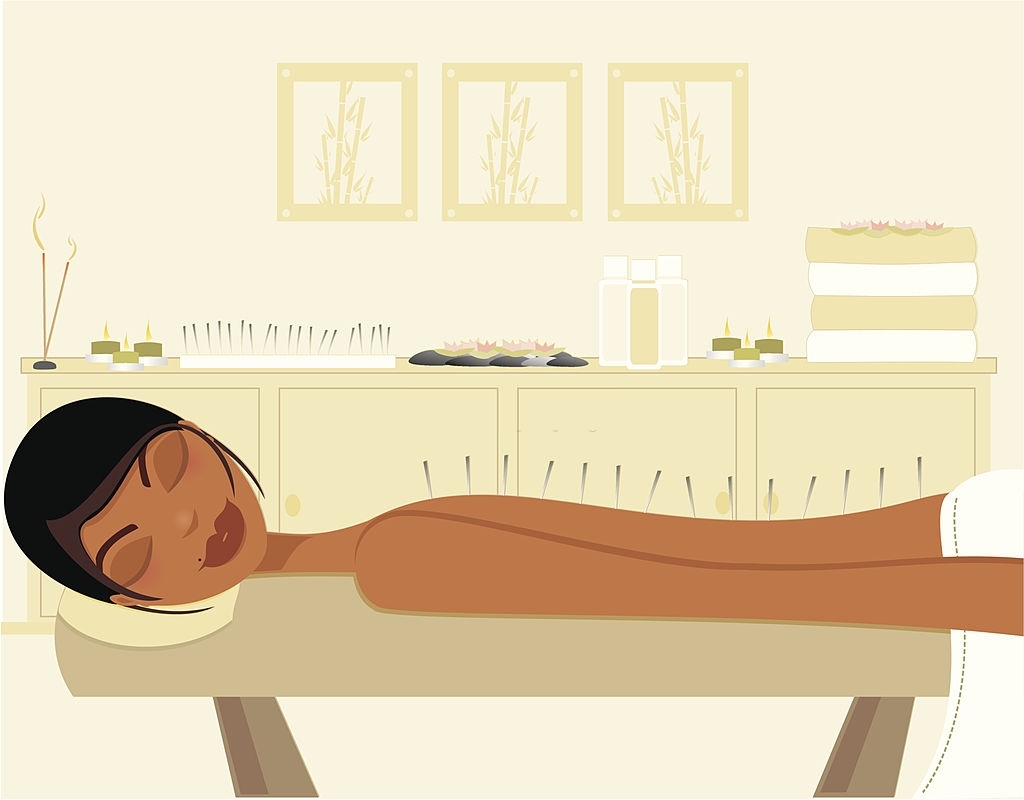
This is an ancient Chinese treatment that requires the insertion of thin needles into the muscles to help treat various ailments. Acupuncture has been reported to reduce inflammation, dissolve muscle tension, and relieve stress. A typical session lasts about 20-30 minutes.
Find an acupressure therapist if you don’t like needles in your body.
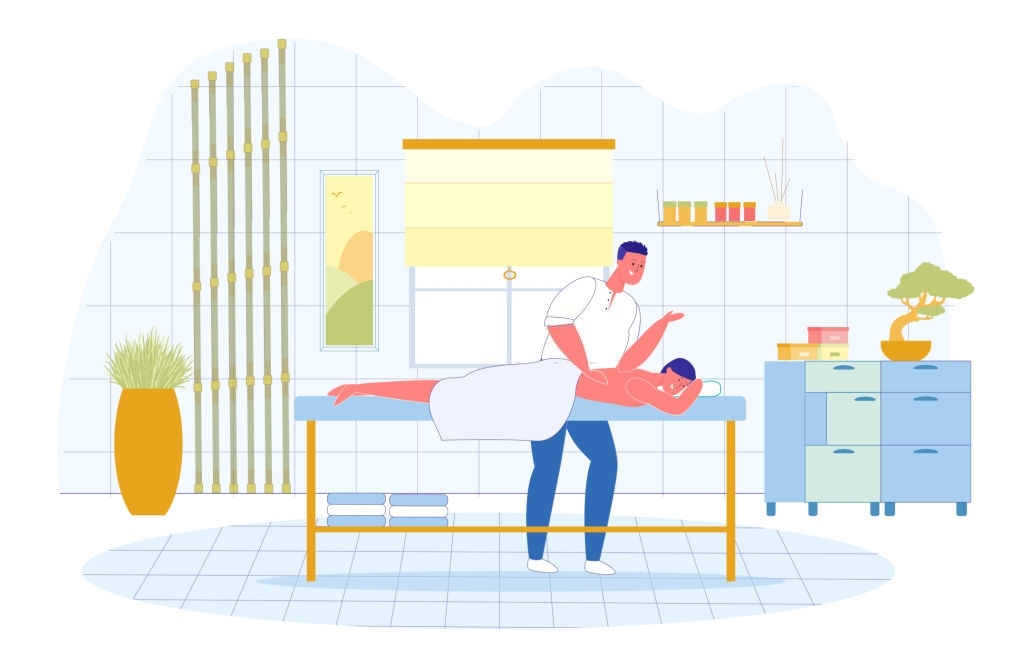
Acupressure specialists use their fingers, hands, elbows, or other tools to implement pressure to acupoints on the body. Massage or Stretching can also be involved in the treatment. Acupressure can relieve muscle tension and increase circulation which helps in relaxation.
The underlying purpose of acupressure is the same as acupuncture, without the application of needles.
Method 5: Treating Muscle Pain with Medication to relax tense muscles

Try nonsteroidal anti-inflammatory medications for mild muscle pain.
NSAIDs are drugs designed to alleviate pain and control inflammation and swelling. They are available over-the-counter and as per prescription. Follow the usage directions on it. Most NSAIDs will suggest not taking more than 1,200 mg in a 24-hour period
Well-known and efficient NSAIDs include Motrin, Advil, and Ibuprofen.
Take zinc and magnesium as supplements to decrease muscle pain.

Zinc and magnesium are dietary supplements that aid muscle relaxation. These can be obtained from foods such as spinach, peanuts, brown rice, and almonds. They can also be taken as oral supplements.
Talk to a doctor for more information about using magnesium as a supplement. It’s not a prescription medication, so can be purchased over any pharmacy store.
Read our article on : Know how to overcome zinc deficiency in the body?

Inquire with your doctor about Carisoprodol as a solution to muscle tension.
This is a muscle relaxant that blocks pain sensations between the nerves and the brain. It is usually used with rest and physiotherapy to manage muscle pain and tension. Carisoprodol is prescribed for a limited period of time as it may be habit-forming.
Talk to a doctor or physiotherapist for more information about this drug. They may also recommend to take Carisoprodol in conjunction with aspirin.
Speak to your doctor about Cyclobenzaprine if you have muscle spasms.

This drug can be used for more extended periods of time without habit-forming. It’s commonly prescribed to relieve low back pain associated with muscle spasms.
Cyclobenzaprine can be safe for pregnant women to take, but it should still only be taken under the recommendation and thorough supervision of your obstetrician.
CAUTION!
Do not use the drug if you have heart-related problems or an overactive thyroid.
Consider taking Diazepam (Valium) if you have severe spasms or pain.

Valium is used to reduce low back pain associated with muscle spasms. It’s effective at treating tension and severe muscle pain. If you have severe muscle pain or spasms, ask your doctor about Diazepam.
CAUTION!
This medication can be very useful but easily habit-forming. It should not be utilized for long periods of time. Your doctor will apparently only prescribe you enough for 1-2 weeks.
In the majority of cases, doctors only prescribe Valium for severe or chronic muscle pain.
Avoid drinking alcohol, driving, or operating heavy machinery while using Valium.
Read our related article on : Know how to strengthen your immune system in these times?
Also Read : Is cloth mask effective against new corona virus? Know how it protects





